
10YFP
The 10-Year Framework of Programmes on
Sustainable Consumption and Production
The multilateral cooperation framework for Sustainable Consumption and Production
The 10-Year Framework of Programmes on Sustainable Consumption and Production (10YFP) is a global commitment made by the 193 United Nations Member States to accelerate the shift to sustainable consumption and production in both the developing and developed world.
It is the product of decades of multilateral cooperation on sustainable development and reflects a broad, global consensus on the need to fundamentally change the way we produce and consume in order to achieve social and economic development within planetary boundaries.
Today, unsustainable patterns of consumption and production are the root causes of the triple planetary crises of climate change, biodiversity loss and pollution that the world is facing, threatening the prosperity and peace of present and future generations.
Systemic and structural changes in the way societies produce and consume are imperative for overcoming these crises and achieving global sustainable development; and international collaboration and coordination is crucial if we are to achieve such change.
The 10YFP is the only universal multilateral cooperation framework adopted by the UN to support this shift to sustainable consumption and production, and is founded on the understanding that this requires cooperation amongst diverse actors from all countries, regions and sectors of society.
Implementing the Global Commitment
Since 2012, the intergovernmental mandate provided by the 10YFP has strengthened multi-stakeholder cooperation on sustainable consumption and production at international and national levels, and embedded the sustainable consumption and production agenda within relevant global and domestic institutions.
The framework anchors the sustainable consumption and production agenda within the United Nations system and engages all countries; developed and developing. One-hundred-and-forty Member States have nominated 10YFP National Focal Points to connect international cooperation with national action for sustainable consumption and production.
The One Planet network implements the 10YFP by catalysing multi-stakeholder cooperation amongst all sectors and actors, facilitating collaboration between governments, civil society and the private sector on sustainable consumption and production in order to achieve scale and increase impact.
The 10YFP and its One Planet network provide the foundations for extending, broadening and strengthening the action of the international community on sustainable consumption and production in a transformational way.

The 10YFP and its One Planet network
The One Planet network is a multi-stakeholder network that implements the 10-Year Framework of Programmes on Sustainable Consumption and Production.
It is a global community of practitioners, policymakers and experts, including governments, businesses, civil society, academia and international organisations.
Establishment of the 10YFP mandate
Member States committed to the 10YFP at the Rio+20 conference on Sustainable Development in 2012 as a framework for achieving the goals and objectives of the World Summit on Sustainable Development and the Rio Declaration on Environment. The 10YFP was formally adopted by the United Nations General Assembly in 2012.
In 2015, the 2030 Agenda for Sustainable Development named the 10YFP as an implementation mechanism for SDG 12 on Sustainable Consumption and Production and referenced the framework in SDG 8 on Decent Work and Economic Growth.
Target 12.1
- “Implement the 10YFP, all countries taking action, with developed countries taking the lead, taking into account the development and capabilities of developing countries”
Target 8.4
- “Improve progressively, through 2030, global resource efficiency in consumption and production and endeavour to decouple economic growth from environmental degradation, in accordance with the 10YFP on sustainable consumption and production, with developed countries taking the lead”
This makes the 10YFP the only agreement of its kind to be embedded in Agenda 2030 and specifically mandated by UN member states to implement an SDG.
In 2018, the High-Level Political Forum for Sustainable Development recognised the 10YFP as a key implementation mechanism for Sustainable Development Goal 12.
In the 2021 High-Level Political Forum for Sustainable Development Ministerial Declaration, Member States of the United Nations committed to “intensify efforts by 2022 and beyond to scale-up the implementation of the 10-Year Framework of Programmes on Sustainable Consumption and Production”.
Principles of the global agreement
The global agreement of the 10YFP was written as an outcome of the Rio+20 United Nations Conference on Sustainable Development in 2012.
The text highlights that in the implementation of the 10YFP framework:
- all countries should take action, with developed countries taking the lead, taking into account the development and capabilities of developing countries;
- cooperation and networking is necessary among all stakeholders, including member states, relevant international organisations and UN bodies, the private sector and all major groups;
- targets and goals agreed under relevant multilateral environmental agreements should be addressed;
- scientific and policy knowledge-base and relevant international science-policy mechanisms should be used;
- information about root causes of current consumption patterns should be considered, including new and emerging issues.
History of Sustainable Consumption and Production in Multilateral Cooperation
In 1972, the UN Conference on the Human Environment, the first ever UN conference on the environment, stated in its official declaration that:
- “In our time, man’s capability to transform his surroundings, if used wisely, can bring to all peoples the benefit of development and the opportunity to enhance the quality of life.
Wrongly or heedlessly applied, the same power can do incalculable harm to human beings and human environment.”
The evolution of the 10YFP can be traced back to this first ground-breaking UN Conference on the Human Environment and its recognition of the need for international cooperation.
The 10YFP as it stands today is the achievement of the almost 50 years of international cooperation on protecting the environment and promoting sustainable development that has followed.
Key Milestones

2021: High-Level Political Forum for Sustainable Development calls for implementation of the 10YFP beyond 2022
In the 2021, in the High-Level Political Forum on Sustainable Development Ministerial Declaration, Member States of the United Nations emphasised the need to intensify implementation of the 10YFP by 2022 and beyond.
- "We call on all countries, with developed countries taking the lead, to intensify efforts by 2022 and beyond to scale-up the implementation of the 10-Year Framework of Programmes on Sustainable Consumption and Production."

2018: High-Level Political Forum for Sustainable Development recognises 10YFP and One Planet network
In 2018, High-Level Political Forum for Sustainable Development recognised the 10YFP as a key implementation mechanism for Sustainable Development Goal 12.
- "We acknowledge the midterm review of and progress achieved in the implementation of the 10-Year Framework of Programmes on Sustainable Consumption and Production Patterns, including the development of the One Planet network, which is an important implementation mechanism for Sustainable Development Goal 12. We will further accelerate action on the 10-Year Framework of Programmes."

2018: 10YFP Secretariat establishes One Planet network
The One Planet network multi-stakeholder network forms to implement the 10-year Framework of Programmes on Sustainable Consumption and Production.
It is a global community of practitioners, policymakers and experts, including governments, businesses, civil society, academia and international organisations.
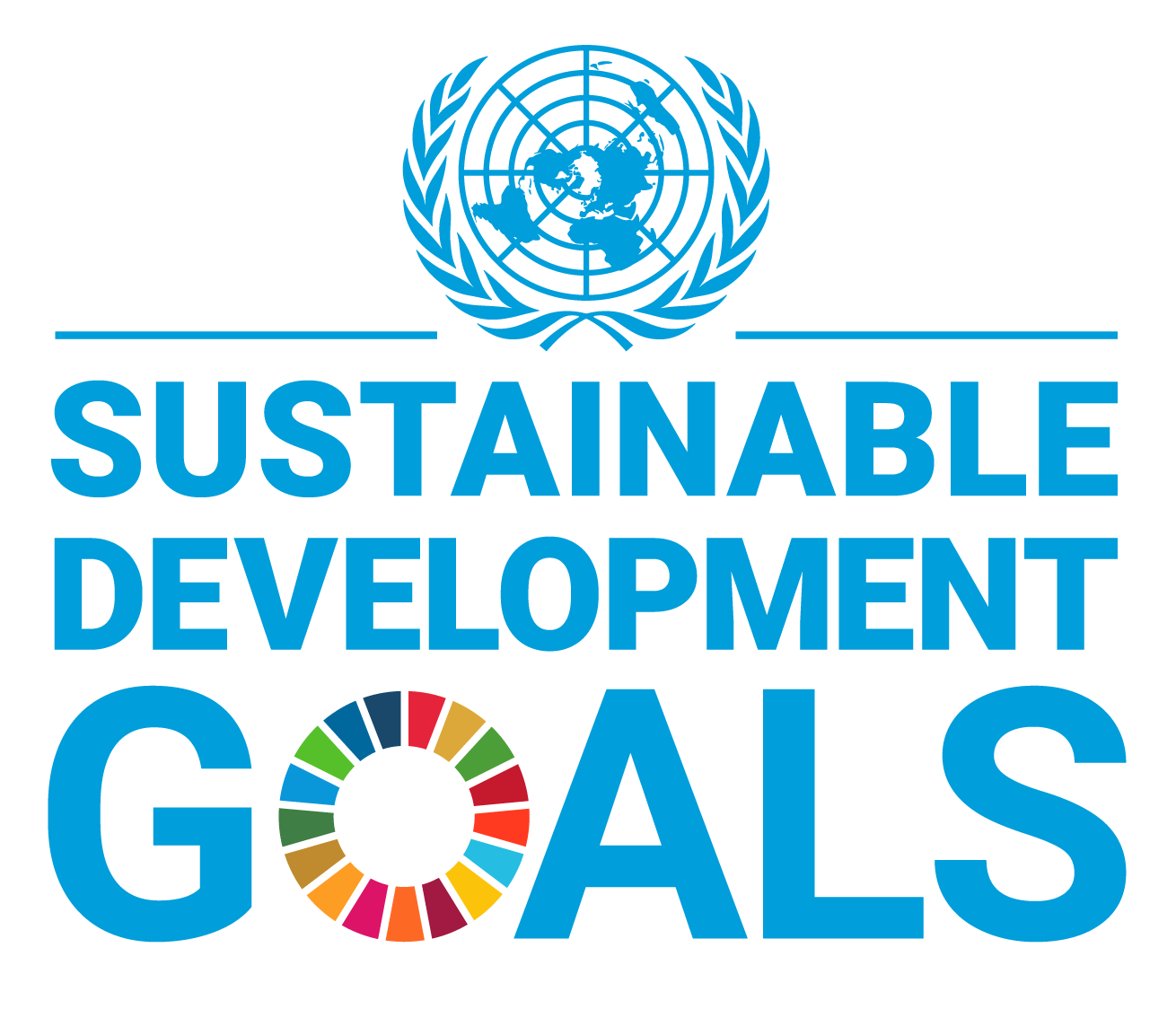
2015: UN Member States adopt Sustainable Development Goals
Goal 12 calls to “ensure sustainable consumption and production"
The 2030 Agenda for Sustainable Development, adopted by all United Nations Member States in 2015, provides a shared blueprint for peace and prosperity for people and the planet, now and into the future. comprising 17 Sustainable Development Goals.
The goals recognise that ending poverty and other deprivations must go hand-in-hand with strategies that improve health and education, reduce inequality, and protecting and preserving our environment and natural resources.
- The 10YFP is named as an implementation mechanism for SDG 12 on ensuring Sustainable Consumption and Production, as well as referenced in SDG 8 on Decent Work on Economic Growth.
- This makes the 10YFP the only agreement of its kind to be embedded in Agenda 2030 and specifically mandated by UN member states to implement an SDG.

2012: UN Member States adopt 10YFP at Rio+20 Conference on Sustainable Development
The United Nations Conference on Sustainable Development - or Rio+20 - took place in Rio de Janeiro and resulted in a focused political outcome document containing clear and practical measures for implementing sustainable development.
It was at the Rio+20 conference that governments adopted the 10-year Framework of Programmes on Sustainable Consumption and Production (10YFP).
- “In order to achieve the goals and objectives defined in chapter 3 of the Plan of Implementation of the World Summit on Sustainable Development on sustainable consumption and production, a 10-year framework of programmes on sustainable consumption and production patterns covering the period 2012-2022, based on Agenda 21,b the Rio Declaration on Environment and Development and the Johannesburg Plan of Implementation, should have the following vision, objectives and goals…”
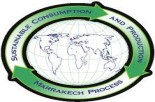
2003: Launch of the Marrakech Process on Sustainable Consumption and Production
The Marrakech Process was a global multi-stakeholder process to support the implementation of sustainable consumption and production and to develop a Global Framework for Action on Sustainable Consumption and Production.
The Process responded to the calls from the 2002 World Summit on Sustainable Development to support the regional and national initiatives to accelerate the shift towards sustainable consumption and production patter patterns, thus de-linking economic development from environmental degradation.
- The process resulted in the adoption of the 10-Year Framework of Programmes on Sustainable Consumption and Production
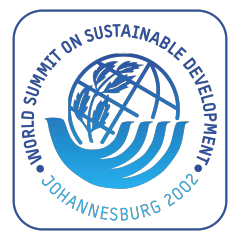
2002: World Summit on Sustainable Development
The World Summit on Sustainable Development brought together tens of thousands of participants, including heads of State and Government, national delegates and leaders from non-governmental organisations, businesses and other major groups to focus the world's attention and direct action toward meeting difficult challenges, including improving people's lives and conserving our natural resources in a world that is growing in population, with ever-increasing demands for food, water, shelter, sanitation, energy, health services and economic security.
- "Encourage and promote the development of a framework ... in support of regional and national initiatives to accelerate the shift towards sustainable consumption and production"
- Sustainable consumption and production was recognised as "an overarching objective of and prerequisite for sustainable development"
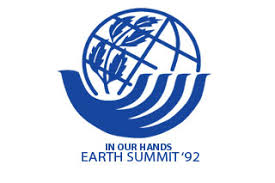
1992: UN Conference on Environment and Development
Known as the ‘Earth Summit’, this global conference, held in Rio de Janeiro on the occasion of the 20th anniversary of the first Human Environment Conference in Stockholm in 1972, brought together representatives from 179 countries to focus on the impact of human socio-economic activities on the environment.
The 'Earth Summit' concluded that the concept of sustainable development was an attainable goal for all the people of the world, regardless of whether they were at the local, national, regional or international level.
- “The major cause of the continued deterioration of the global environment is the unsustainable pattern of consumption and production, particularly in industrialised countries…”
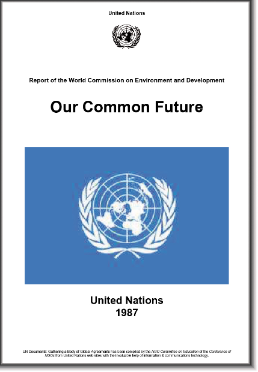
1987: UN World Commission on Environment and Development
In 1987, the World Commission on Environment and Development, which had been set up in 1983, published a report entitled «Our Common Future». The document came to be known as the «Brundtland Report» after the Commission's chairwoman, Gro Harlem Brundtland. It developed guiding principles for sustainable development as it is generally understood today.
- “Perceived needs are socially and culturally determined, and sustainable development requires the promotion of values that encourage consumption standards that are within the bounds of the ecologically possible and to which all can reasonably aspire."
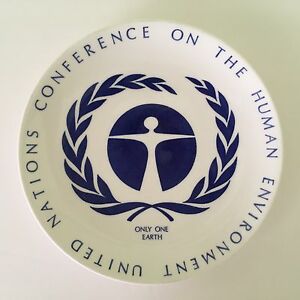
1972: UN Conference on the Human Environment
The United Nations Conference on the Human Environment (also known as the Stockholm Conference) was an international conference convened under United Nations auspices held in Stockholm, Sweden in June 1972.
It was the UN's first major conference on international environmental issues, attended by 113 countries, 19 agencies, more than 400 intergovernmental and non-governmental organisations, and marked a turning point in the development of international environmental politics.
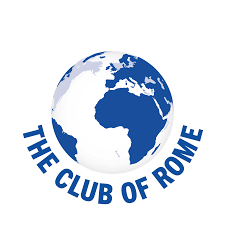
1972: Club of Rome publishes 'Limits to Growth' report
The groundbreaking 'Limits to Growth' report from the Club of Rome uses computer modelling to undertake systems analysis that demonstrates how current economic systems of production and consumption are impacting Earth's interlocking resources and threatening global system of nature in which we all live.
- "To achieve this change would mean that the globe’s people establish their status, derive satisfaction, and challenge themselves with goals other than ever- increasing production and ever-accumulating."